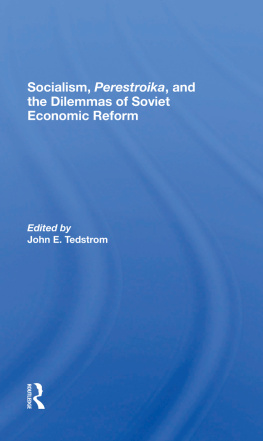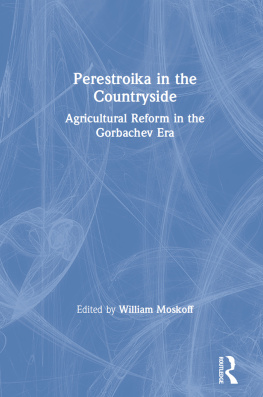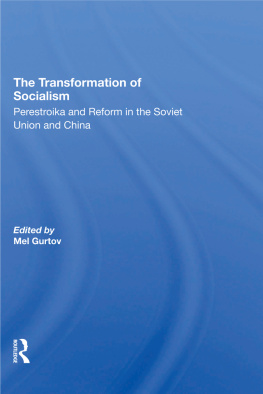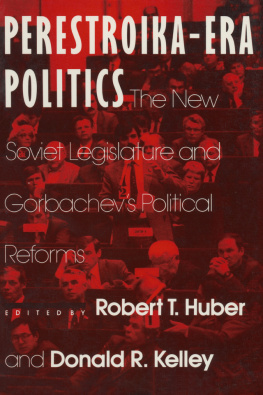| The Brookings Institution |
| The Brookings Institution is an independent organization devoted to nonpartisan research, education, and publication in economics, government, foreign policy, and the social sciences generally. Its principal purposes are to aid in the development of sound public policies and to promote public understanding of issues of national importance. |
| The Institution was founded on December 8, 1927, to merge the activities of the Institute for Government Research, founded in 1916, the Institute of Economics, founded in 1922, and the Robert Brookings Graduate School of Economics and Government, founded in 1924. |
| The Board of Trustees is responsible for the general administration of the Institution, while the immediate direction of the policies, program, and staff is vested in the President, assisted by an advisory committee of the officers and staff. The by-laws of the Institution state: "It is the function of the Trustees to make possible the conduct of scientific research, and publication, under the most favorable conditions, and to safeguard the independence of the research staff in the pursuit of their studies and in the publication of the results of such studies. It is not a part of their function to determine, control, or influence the conduct of particular investigations or the conclusions reached." |
| The President bears final responsibility for the decision to publish a manuscript as a Brookings book. In reaching his judgment on the competence, accuracy, and objectivity of each study, the President is advised by the director of the appropriate research program and weighs the views of a panel of expert outside readers who report to him in confidence on the quality of the work. Publication of a work signifies that it is deemed a competent treatment worthy of public consideration but does not imply endorsement of conclusions or recommendations. |
| The Institution maintains its position of neutrality on issues of public policy in order to safeguard the intellectual freedom of the staff. Hence interpretations or conclusions in Brookings publications should be understood to be solely those of the authors and should not be attributed to the Institution, to its trustees, officers, or other staff members, or to the organizations that support its research. |
Ralph S. Saul
Vice Chairman |
Ronald J. Arnault
Elizabeth E. Bailey
Rex J. Bates
Yvonne Brathwaite Burke
A.W. Clausen
William T. Coleman, Jr.
Kenneth W. Dam
D. Ronald Daniel
Charles W. Duncan, Jr.
Walter Y. Elisha
Robert F. Erburu
Robert D. Haas
Pamela C. Harriman
Vernon E. Jordan, Jr.
James A. Joseph
Nannerl O. Keohane
Martin J. Koldyke
Thomas G. Labrecque
Donald F. McHenry
Bruce K. MacLaury
Samuel Pisar
James D. Robinson III
Howard D. Samuel
B. Francis Saul II
Henry B. Schacht
Donna E. Shalala
Robert H. Smith
Howard R. Swearer
Morris Tanenbaum
John C. Whitehead
Ezra K. Zilkha |
Vincent M. Barnett, Jr.
Barton M. Biggs
Robert D. Calkins
Edward W. Carter
Frank T. Cary
Lloyd N. Cutler
Bruce B. Dayton
Douglas Dillon
Huntington Harris
Andrew Heiskell
Roger W. Heyns
John E. Lockwood
James T. Lynn
William McC. Martin, Jr.
Robert S. McNamara
Mary Patterson McPherson
Arjay Miller
Donald S. Perkins
J. Woodward Redmond
Charles W. Robinson
Robert V. Roosa
Gerard C. Smith
Robert Brookings Smith
Sydney Stein, Jr.
Phyllis A. Wallace |
|













